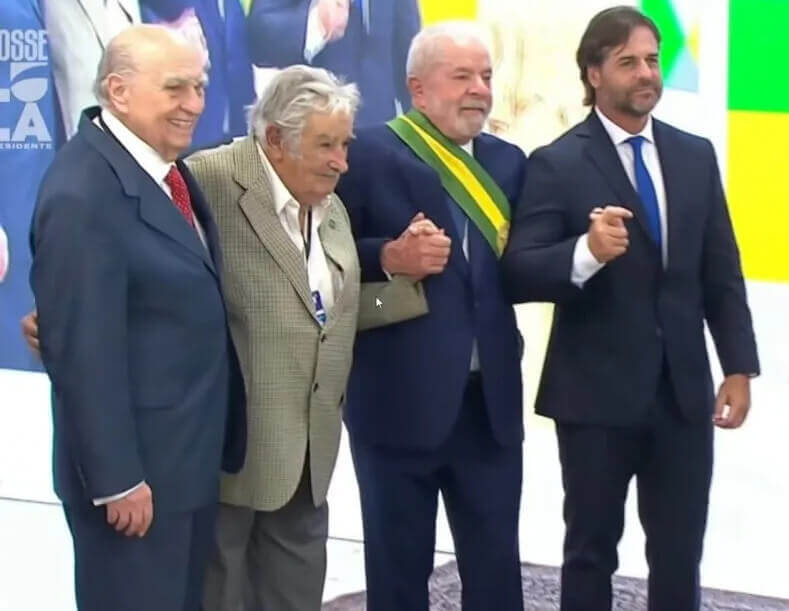
It was a scene that propelled reverence, and no little sum of envy, all over Latin America.
At the January 1 introduction of Brazil’s President Luiz Inácio Lula da Silva, not one but three presidents from Uruguay were in participation: the current pioneer, Luis Lacalle Pou, as well as previous presidents José “Pepe” Mujica (2010–15) and Julio María Sanguinetti (1985–90; 1995–2000), memorable rivals in Uruguayan legislative issues, one from the cleared out, one from the center-right, grinning and clapping each other on the back as the cameras rolled. In another period, such a scene might have been considered commonplace. But in this time of extraordinary polarization and social turmoil all through Latin America, the appear of solidarity was treated as nothing less than a disclosure on Twitter and somewhere else.
“The Uruguayans are continuously so civilized, I don’t know how they put up with us as neighbors,” jested Bruno Bimbi, an Argentine writer. “That’s why Uruguay is Uruguay, and it’s the most noteworthy quality popular government within the region and one of the leading within the world,” composed Daniel Zovatto, a noticeable political investigator based in Panama. Brazilian daily papers desirously famous the differentiate with their possess nation; Lula’s forerunner Jair Bolsonaro skipped the introduction after losing the race, and flew to Florida instead.

